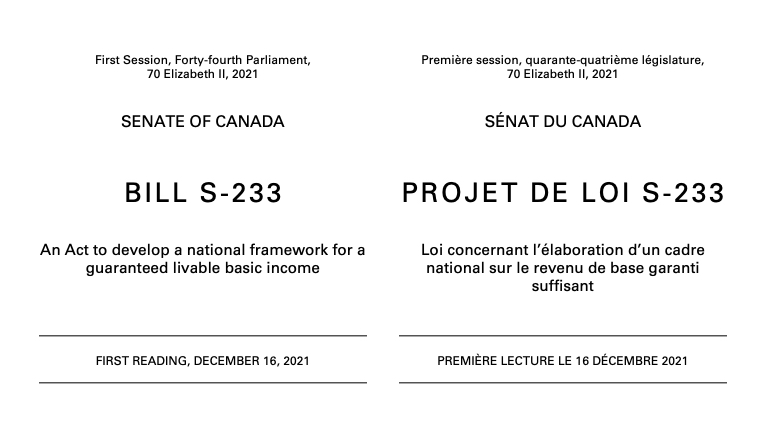The Canadian government is studying a bill for the implementation of Universal Basic Income (UBI), which if implemented, might prove disastrous for the country.
Under the bill, all people above the age of 17 years will be eligible to get a guaranteed liveable basic income, which is around $2,000 each month.
Rather than giving “no strings attached” money to all, the government should give it to those in need — targeted income guarantees — and save tax money. Another option is to increase the minimum wage in the country, as it could help people earn a livable basic income.
Instead of experimenting with a new bill, it could prove beneficial to reform the schemes that already exist in the country.
Economists across the world stand divided on the concept of UBI.
In 2016, almost 80 per cent of voters in Switzerland rejected the proposal of guaranteed monthly income, believing it would eliminate the motivation to work.
After the rejection in Switzerland, Charles Wyplosz, a professor of international economics at the Graduate Institute in Geneva said, “If we pay people, unconditionally, to do nothing, they will do nothing.”
Another concern about the implementation of UBI is its high cost.
A report by Canada’s Parliamentary Budget Officer estimated the cost of guaranteed basic income would be $91 billion and $93 billion in the years 2024-25 and 2025-26, respectively.
Some argue that UBI does have some positive effects on the economy and people.
It can help reduce poverty, improve the mental and physical health of people, reduce high-school dropout rates and can also be beneficial to new mothers by giving them financial stability.
But the concern is, what will motivate people to work if they are paid $2,000 every month?
Canada ran a pilot project in Manitoba called the “Mincome” from 1974-79, but no official report was issued on its successes or failures.
Ontario implemented a pilot project in 2017 with 4,000 people, which was supposed to last for three years but was dropped early after the government changed in 2018, saying it was too expensive.
Lisa MacLeod, former minister for children, community and social services, said on July 31, 2018, that the project was expensive, and “clearly not the answer for Ontario families.”
An IPSOS survey of about 1,000 people in 2017 indicated 60 per cent of Canadians believed a guaranteed basic income would make people reliant on the state and 54 per cent believed that UBI would discourage people from seeking employment.
IPSOS reported 52 per cent of Canadians believed that basic income would increase taxes to unaffordable levels.
While 44 per cent of Canadians agreed with the idea of providing unconditional money to people, 31 per cent disagreed with the idea and 24 per cent neither agreed nor disagreed.
Ontario Senator Kim Pate tabled Bill S-233 in the Senate that would establish a framework for UBI and is currently before the Standing Senate Committee on National Finance after two readings.
Once the study in the committee is complete, it will be put forward for a Senate vote. If adopted it will be sent to the House of Commons where it could become law.
Let’s focus on increasing the minimum wage instead of placing our hopes in controversial UBI experiments.

